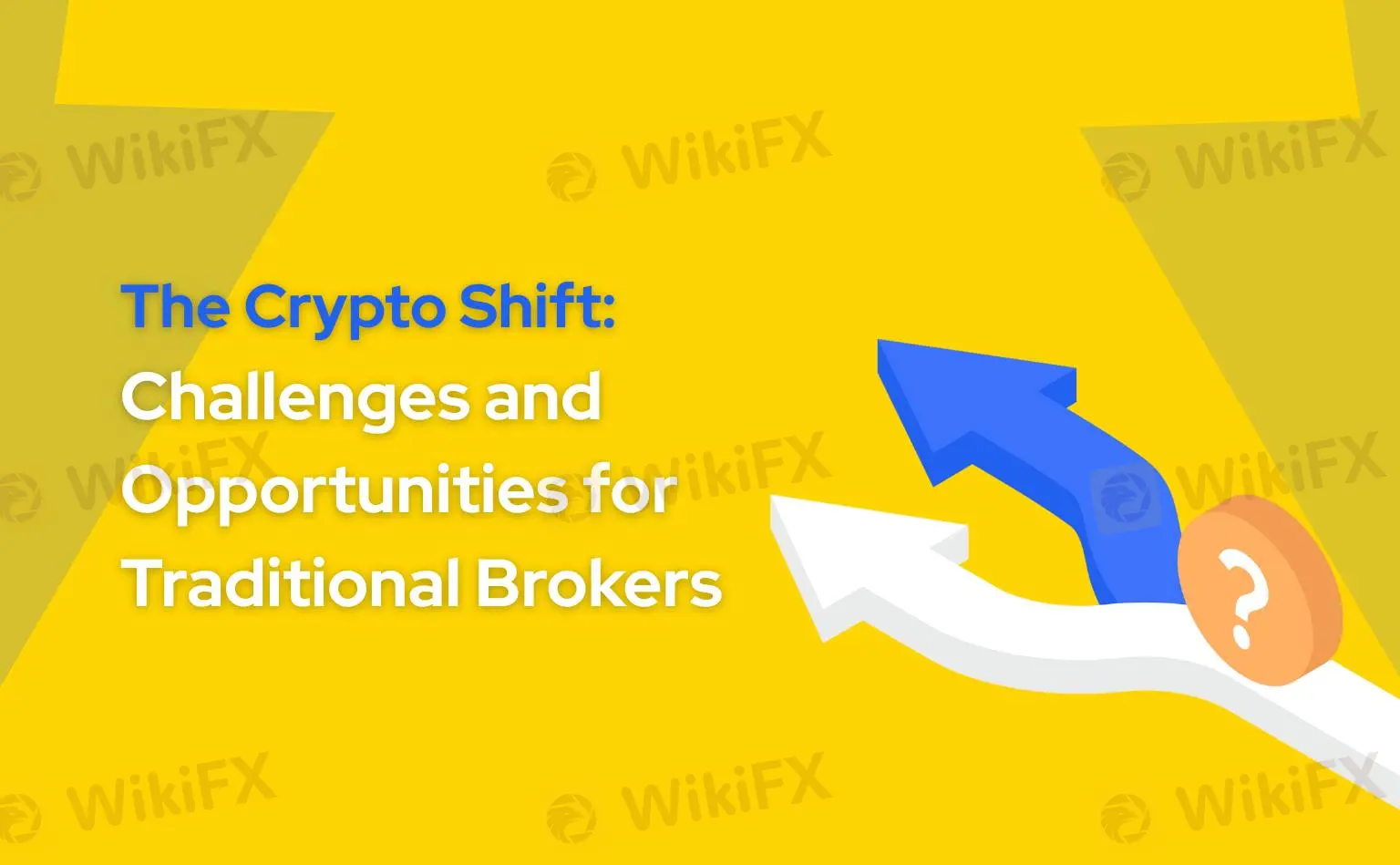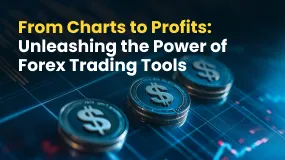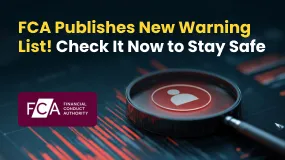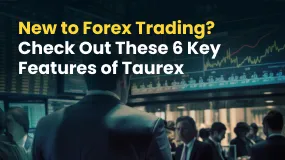简体中文
繁體中文
English
Pусский
日本語
ภาษาไทย
Tiếng Việt
Bahasa Indonesia
Español
हिन्दी
Filippiiniläinen
Français
Deutsch
Português
Türkçe
한국어
العربية
The Crypto Shift: Challenges and Opportunities for Traditional Brokers
Abstract:Crypto exchanges are expanding into traditional asset classes like forex and commodities, blurring the lines with traditional brokers. Meanwhile, few brokers, like eToro, have successfully integrated crypto into their platforms, revealing both the opportunities and the challenges ahead.

The boundary between cryptocurrency exchanges and traditional financial brokers is becoming increasingly blurred. As major exchanges expand into offering forex, commodities, and derivatives, and traditional brokers begin incorporating cryptocurrencies into their product suites, a convergence in trading services is underway. This evolving landscape is reshaping competition, forcing both sides to adapt their strategies in a rapidly digitalizing financial market.
Crypto Exchanges: Expanding Beyond Digital Assets
Cryptocurrency exchanges have moved decisively beyond their original focus on Bitcoin and altcoins. Platforms such as Coinbase, Kraken, and OKX have secured MiFID II licenses, enabling them to operate within traditional financial frameworks across Europe. Their ambitions extend far beyond crypto spot trading. By offering futures, options, and central limit order book (CLOB) services, exchanges are positioning themselves as full-spectrum financial hubs. Their unified wallets are designed to support multi-asset trading—spanning crypto, FX, equities, and commodities—offering users a seamless, borderless experience. With a strong foundation in technology, massive user bases, and an aggressive approach to regulatory compliance, these exchanges are setting a fast pace that traditional brokers may find difficult to match.
Brokers Attitudes Toward Crypto
In contrast, traditional FX and CFD brokers have shown a more cautious approach. Many still perceive crypto as volatile or speculative, integrating it only as an auxiliary offering rather than a core service. However, one exception stands out: eToro. Unlike its peers, eToro treated crypto as an essential part of its platform early on. As of 2024, it supports over 100 cryptocurrencies, seamlessly integrated alongside stocks, ETFs, and commodities. This strategic move paid off handsomely—eToro reported $931 million in total commissions in 2024, with crypto accounting for approximately 38% ($354 million) of that figure. Its net profit surged to $192 million, a significant increase compared to the previous year. eToro‘s success demonstrates that embracing crypto is not merely about adding new assets; it requires genuine integration into the platform’s DNA to meet the evolving demands of modern traders.
The Challenges for Brokers Transitioning to Crypto
Despite growing interest, the road to meaningful crypto adoption remains steep for most traditional brokers. A significant barrier lies in outdated technology infrastructures. Many brokers still rely heavily on MetaTrader 4 and 5, platforms built for forex and CFDs but ill-suited for blockchain-based assets. These systems lack native wallet integration, blockchain connectivity, and Web3 compatibility. Adapting to crypto markets is not just about offering Bitcoin trading; it demands reengineering trading platforms, upgrading compliance frameworks, and developing new customer engagement models that resonate with the crypto-native community. Furthermore, entering the crypto space requires a mindset shift—embracing transparency, decentralization, and continuous innovation. For brokers deeply entrenched in traditional finance models, overcoming both technological and cultural hurdles will be the true test of survival in a financial world increasingly shaped by the crypto revolution.
Disclaimer:
The views in this article only represent the author's personal views, and do not constitute investment advice on this platform. This platform does not guarantee the accuracy, completeness and timeliness of the information in the article, and will not be liable for any loss caused by the use of or reliance on the information in the article.
Read more
Before You Trade with Quest: 6 Warning Signs to Know
The Forex market is a jungle full of complex trades, high risks, and unpredictable moves. Without the right knowledge, you’re an easy target. In this environment, information is your only weapon. Many scam brokers are out there, ready to take advantage of uninformed traders. In this article, you will learn about another unlicensed broker: Quest.

From Charts to Profits: Unleashing the Power of Forex Trading Tools
Want in-depth insights into the forex trading market so that you can make an informed investment call? Start unleashing the power of forex trading tools. These tools, comprising both fundamental analysis and technical charts, lay the foundation for successful forex outcomes.

FCA Publishes New Warning List! Check It Now to Stay Safe
FRAUD ALERT! – All investors and traders should be careful. The UK’s financial regulator, the Financial Conduct Authority (FCA), has warned people about fake brokers that are working without a license. These scam brokers take people’s money and disappear. The FCA shares a list of these fake brokers every day to help people stay safe. Checkout the List below to Stay Safe.

New to Forex Trading? Check Out These 6 Key Features of Taurex
If you're just stepping into the forex market and feeling confused about which broker to choose, you might consider giving a chance to a regulated forex broker like Taurex. You may wonder why we are specifically mentioning this broker. It is because of several strong reasons outlined in the article below.
WikiFX Broker
Latest News
Forex Hedging Strategies - Calming You Amid Market Chaos
Key Events This Week: ISM, Trade Balance And More Earnings
What Is Forex Currency Trading? Explained Simply
A Beginner’s Guide to Trading Forex During News Releases
Ultima Markets enters the UK and gains the FCA license
LSEG Announces £1 Billion Share Buyback Program
SEC Lawsuit Targets Real Estate Fraud Scheme by Joseph Nantomah
XS.com Broker Partnership Expands Liquidity with Centroid Integration
ASIC Regulated Forex Brokers: Why Licensing Still Matters in 2025
FCA Publishes New Warning List! Check It Now to Stay Safe
Currency Calculator


